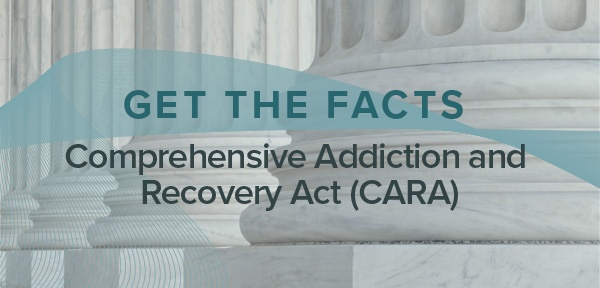Share this
Subscribe by email
by Core Solutions on September 6, 2016

Today’s unfortunate reality that overdoses from heroin, prescription drugs and opioid pain relievers have surpassed car accidents as the leading cause of injury-related death in the United States last year has fortunately amassed enough attention that the first standalone legislation to address our nation’s addiction crisis has finally been enacted.
The Comprehensive Addiction and Recovery Act (CARA) was signed on July 22, 2016 and will increase treatment and prevention measures intended to reduce prescription opioid and heroin misuse, including evidence-based interventions for the treatment of opioid and heroin addiction and prevention of overdose deaths. In addition to authorizing NPs and PAs as prescribers for medications that support treatment and aligning financial incentives with positive trends and outcomes, CARA also:
While this Act promotes many evidence-based interventions, CARA does not yet provide federal funding. The House is reported to appropriate $581 million when it returns to Washington in September – and those critical funds will build capacity in the treatment system by supporting the expansion of:
As a leader in transforming the behavioral, medical and social services experience, we are grateful that Congress has recognized, and is taking action to tackle this nationwide epidemic. We are hopeful that CARA will receive the proper funding to start treating addiction not like a crime, but as a health issue.
For more in depth information on CARA, take a look at the sources below: